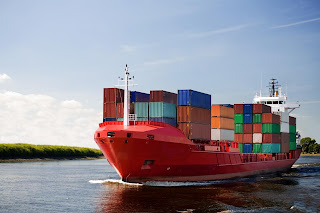The End of an Era: A Postmodern and Phenomenological Examination of Socialism and Capitalism

I thought I would add to the festive season by offering my interpretation of the long-running debate over whether there can be, or whether there will ever be for that matter, a system characterised by both capitalism and socialism in tandem. Much recent discussion of this matter has been undoubtedly shaped by the advent of postmodernism, and by scholars' attempts to reconcile the need to re-evaluate and update common conceptions with the more tangible human experience that the school of phenomenology has striven to comprehend ever since the days of Hegel. The overarching argument of this article is that, given the constant fluidity of the commercial and political world, perhaps we have reached the end of the epoch defined by the capitalism/socialism dichotomy, and we therefore ought to move beyond categorical rigidity when attempting to understand contemporary society in order to better grasp its flexible and changeable nature. Consequently, I shall begin by conveying why the claim...


